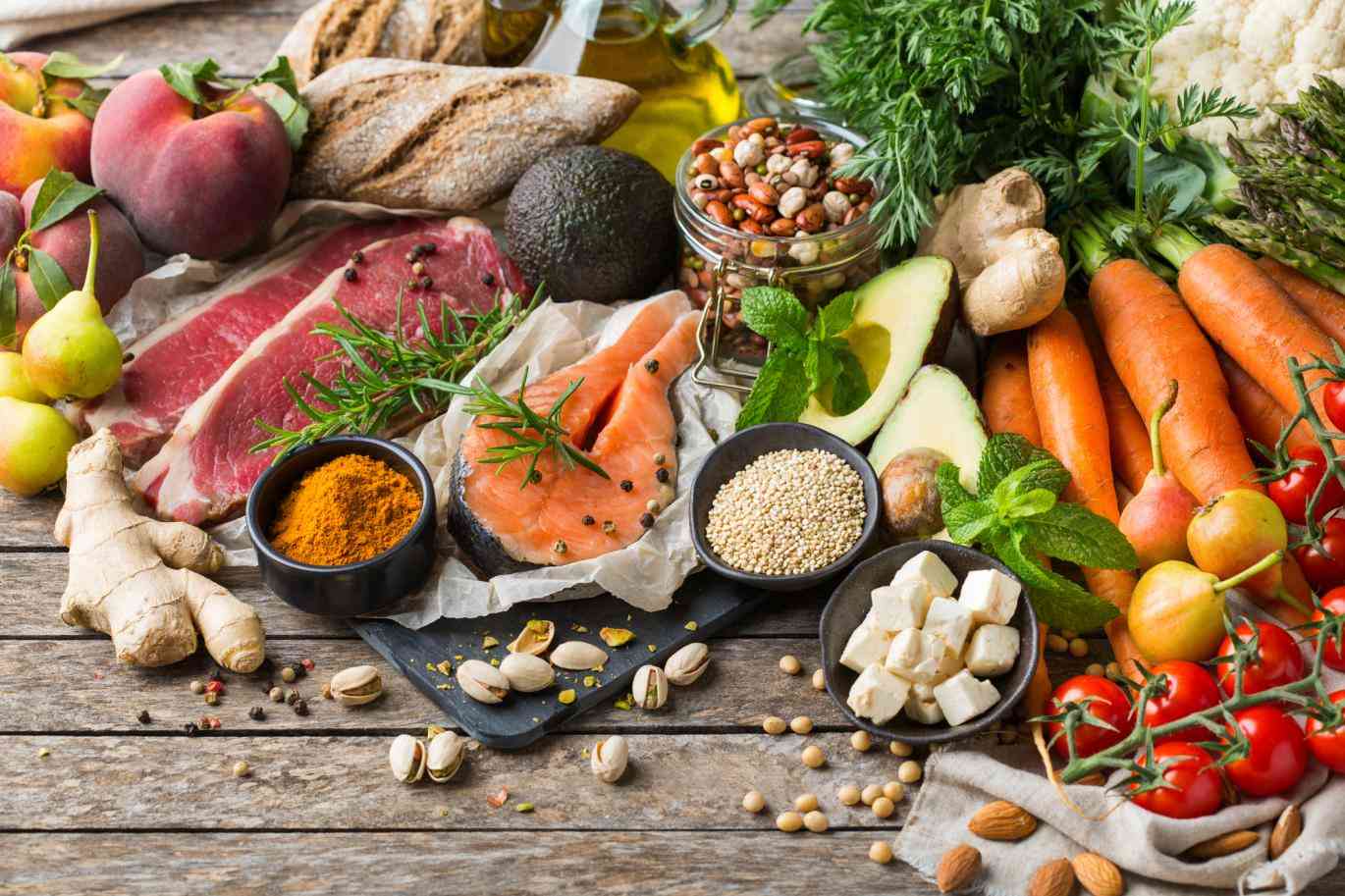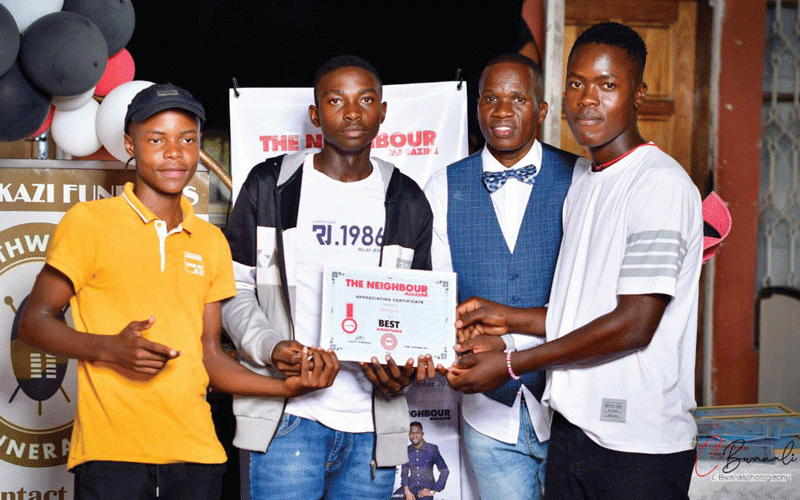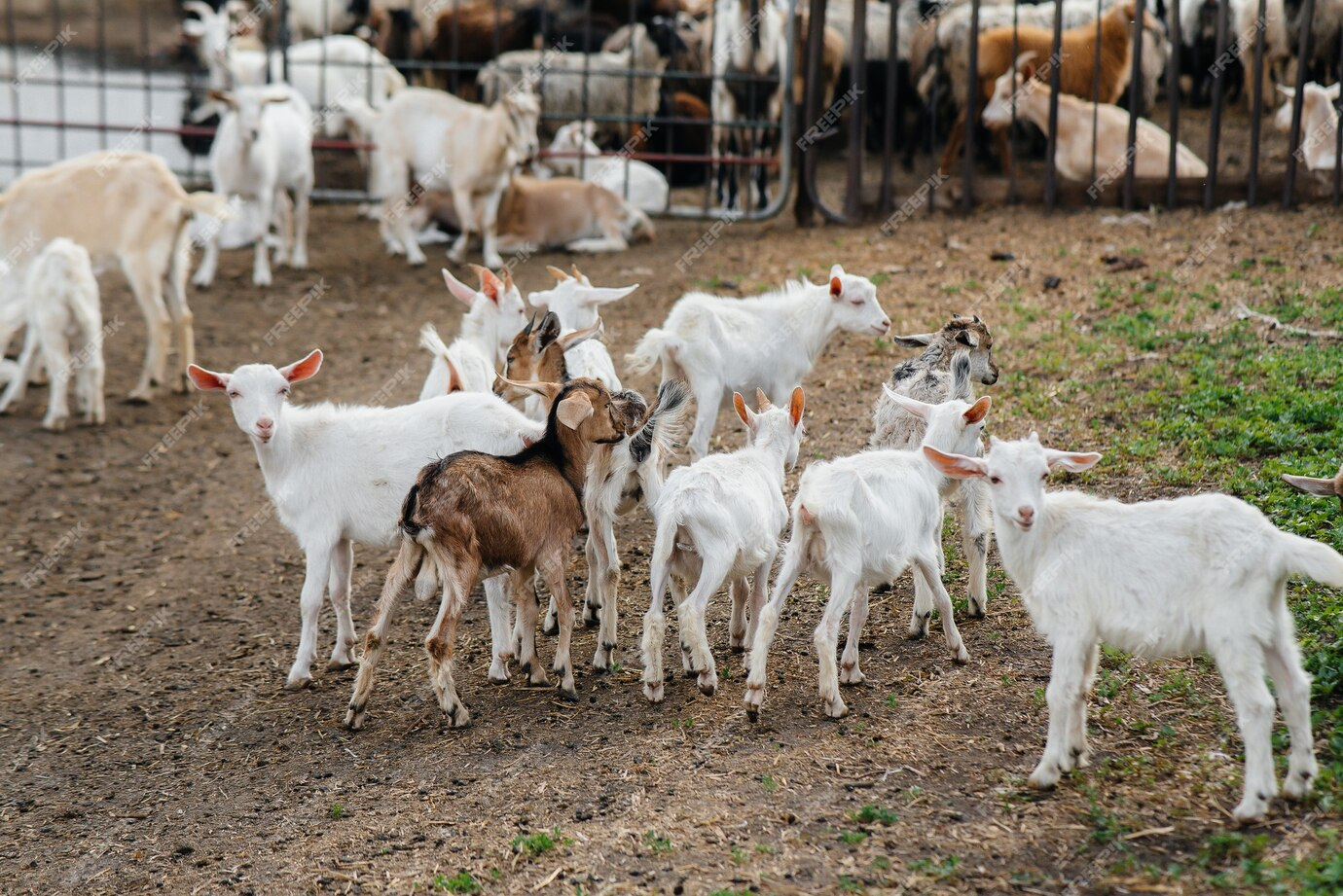
IN a changing climate, every food commodity is strategic. That means to maximise benefits from all agricultural and food commodities, countries should have strong institutions for aggregating and distributing local food commodities.
Governments no longer have the luxury of focusing on a few commodities that end up receiving all the support from the fiscus at the expense of other foods that are considered non-strategic yet they contribute tremendously to community resilience.
Aggregating and monitoring should include assessing and monitoring sources of diverse food commodities, seasonal availability and prices in several production zones.
Such a strategic and national security role cannot be left to the private sector and middlemen whose profit motive and limited resources can influence them to focus on a few selected commodities that they consider more profitable.
Besides preventing the importation of food that might be available in other parts of the country, an efficient food aggregation and distribution system can go a long way in reducing food loss and waste, which is valued at US$4 billion on the African continent annually.
In addition to increasing consumer choices, efficient aggregation and distribution broaden food menus. For instance, not every consumer wants to receive grain in the form of mealie-meal.
Other consumers prefer grain for diverse uses including mixing with ground nuts, Bambara nuts and many types of tubers to make diverse contextual meals.
That is another way of empowering communities to cope with shocks and build their own nutritional and community resilience.
- Govt justifies clampdown on NGOs
- Crackdown on NGOs derails re-engagement efforts
- Go to hell, Zanu PF tells US, NGOs
- Anti-PVOs Bill solidarity riles govt
Keep Reading
Building community-based social enterprises to aggregate and distribute food
Each community should build community-based social enterprises that can easily be run by women and youths.
This can start by identifying community food needs and then youth are supported to bring diverse foods, including fruits from areas of abundance.
On the other hand, youth in communities with abundant food can be supported to establish processing plants for grains and fruits, which can then be sold elsewhere.
Such grassroots local business units can be sustainably informed by supply and demand unlike business units that focus on primary production with no idea about demand.
When such business units are properly set up, one side can focus on producing for local consumption while the other wing focuses on surplus for outside markets.
Some can specialise in preserving and selling pastures like grasses which do not require sophisticated processing.
Redefining the role of extension services
During shocks like El Niño-induced drought conditions, government extension officers often have little work to do as there is limited engagement with farmers since there will be no planting of crops.
The same applies to development agencies, some of whom, fled from communities during the COVID-19 era, leaving communities to their own fate.
Roles of extension officers should be re-purposed towards guiding interventions and informing coping mechanisms.
Rather than waiting for the rainfall, extension officers should be enhancing community resilience through mapping and promoting indigenous food systems.
Instead of safety nets like food aid getting into communities through social welfare and non-governmental organisations (NGOs), it should be the role of extension officers to lead in mitigating the impact of drought because they have a permanent presence in communities compared to NGOs and other government departments.
When extension officers collect data and understand their context, they will be able to connect food with other support requirements like utilisation of available water. Spearheading community innovations during shocks
As custodians of natural resource utilisation together with traditional leadership, extension officers should be given the mandate to co-ordinate all innovations at district level.
That will prevent cases where each NGO writes its own proposal on behalf of the community without consulting key stakeholders like extension services.
With enough co-ordination, collaborative dialogue can generate effective measures for mitigating shocks rather than waiting for food aid which is not for everyone but for vulnerable households.
The onus is on government extension officers to ensure language like vulnerability that is used by NGOs in seeking donor-funding is not abused.
For instance, how do NGOs define a vulnerable household in a community where households are working together to solve their own challenges?
What if a grandmother who is considered vulnerable has children in the diaspora sending her remittances every month which she shares with fellow villagers?
Words like vulnerable and poor are not part of African culture because households that are considered poor and vulnerable by NGOs are often part of the social fabric including extended family networks through which resources for collective survival are pooled together.
In situations characterised by shocks like drought, needs are not only about food but other uses of income such a medical bills, clothing and school fees as a whole package.
In most cases, when a household is affected, the whole community is affected. It means the income base is reduced and interventions have to support the whole community rather than cherry-picking support for so-called vulnerable households.
For instance, water for livestock affects everyone because everybody depends on draught power, whether they own cattle or not.
This is the kind of thinking and analyses that should be done by extension officers to inform interventions coming from outside to bridge local shocks.
Importance of long-term frameworks
Shocks like the El Niño-induced drought reveal the importance of long-term initiatives and frameworks for equitable distribution of natural resource benefits.
When food is made available locally through efficient aggregation and distribution systems, it enables a culture of sharing unlike giving people hand-outs.
For instance, some community members can use remittances from their children to buy more food for sharing with others or use it for labour payment, which are mechanisms of strengthening the social fabric.
Such a framework can happen when the role of extension officers in communities during shocks is redefined.
Why should drought be taken as an emergence to a point of it being declared a state of national disaster when the phenomenon is known to periodically happen?
Given the frequency of droughts in most African countries, by now each country should have developed strategies to ensure resilience as opposed to declaring droughts national disasters based on a narrow colonial definition of a foodbasket, focusing mainly on maize grain.
If communities have five commodities, the chances of all those commodities being affected by a drought are very slim.
Unfortunately, African policymakers focus on a few staples. In a changing climate characterised by uncertainty, more emphasis should be on diversity than a few staples.
- Charles Dhewa is a proactive knowledge broker and management specialist











